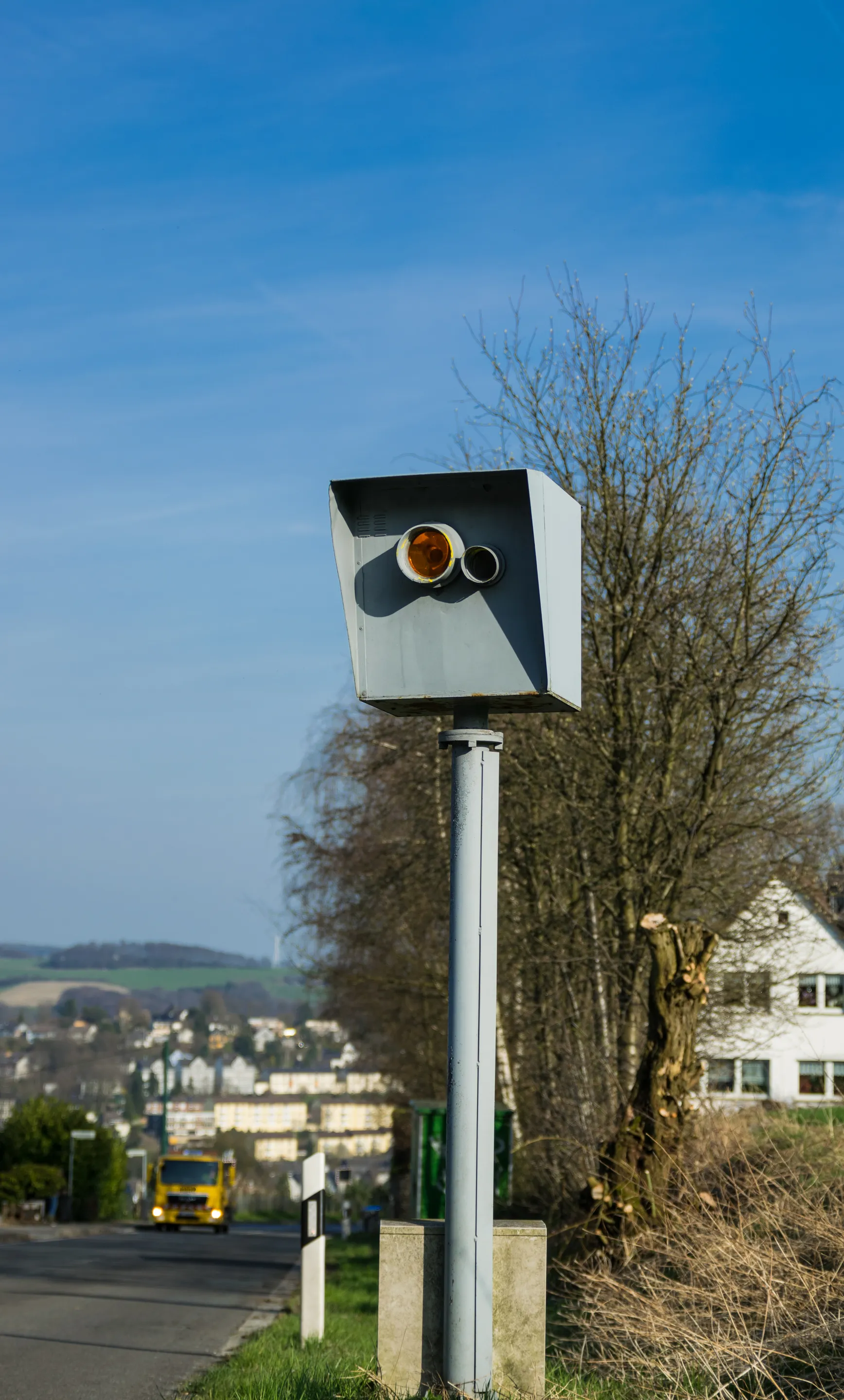Pan-European moves to tackle drink driving reveal that many still take to the wheel while over the limit for alcohol. The results from week-long operation to address drink driving run in June show that there were 16,497 alcohol offences from 1,104,879 breath tests in 26 countries. One in 66 drivers tested was over the limit in this year’s operation, compared with one in 63 last year and one in 59 in 2013. In addition, 2,752 drug offences were recorded, while over 2,516 other crimes were also detected during
July 27, 2015
Read time: 2 mins
Pan-European moves to tackle drink driving reveal that many still take to the wheel while over the limit for alcohol. The results from week-long operation to address drink driving run in June show that there were 16,497 alcohol offences from 1,104,879 breath tests in 26 countries. One in 66 drivers tested was over the limit in this year’s operation, compared with one in 63 last year and one in 59 in 2013. In addition, 2,752 drug offences were recorded, while over 2,516 other crimes were also detected during alcohol tests. 4753 TISPOL drink-drive enforcement operation saw 1,104,879 roadside breath tests being carried out.
TISPOL President Aidan Reid said, “These figures show that there are still people who think it’s acceptable to drink and drive. “Our message is clear. Don’t do it. Officers across Europe will continue to target drink-drivers all year round, so if you choose to take a risk by driving after drinking alcohol, then we will find you and bring you to justice because we will not tolerate the risk you pose to yourself and to other innocent road users who may be in your way.”
Like-for-like figures from 2014 show 18,391 offences from 1,168,631 breath tests and for 2013 the figures show 14,557 offences from 869,473 breath tests. Stopping drivers to check for alcohol and drug offences also provides police officers with the opportunity to make other appropriate safety and security checks. For example, during the week of this operation, officers also detected and dealt with offences connected with illegal immigration and human trafficking (116), drug-related crimes (598), firearms crimes (49), property crimes (136), wanted persons (181), and 1,436 other crimes.
Research shows that those involved in criminal activity are more likely to carry out driving offences.
TISPOL President Aidan Reid said, “These figures show that there are still people who think it’s acceptable to drink and drive. “Our message is clear. Don’t do it. Officers across Europe will continue to target drink-drivers all year round, so if you choose to take a risk by driving after drinking alcohol, then we will find you and bring you to justice because we will not tolerate the risk you pose to yourself and to other innocent road users who may be in your way.”
Like-for-like figures from 2014 show 18,391 offences from 1,168,631 breath tests and for 2013 the figures show 14,557 offences from 869,473 breath tests. Stopping drivers to check for alcohol and drug offences also provides police officers with the opportunity to make other appropriate safety and security checks. For example, during the week of this operation, officers also detected and dealt with offences connected with illegal immigration and human trafficking (116), drug-related crimes (598), firearms crimes (49), property crimes (136), wanted persons (181), and 1,436 other crimes.
Research shows that those involved in criminal activity are more likely to carry out driving offences.







